Scholar Spotlight - Veronika Wannack
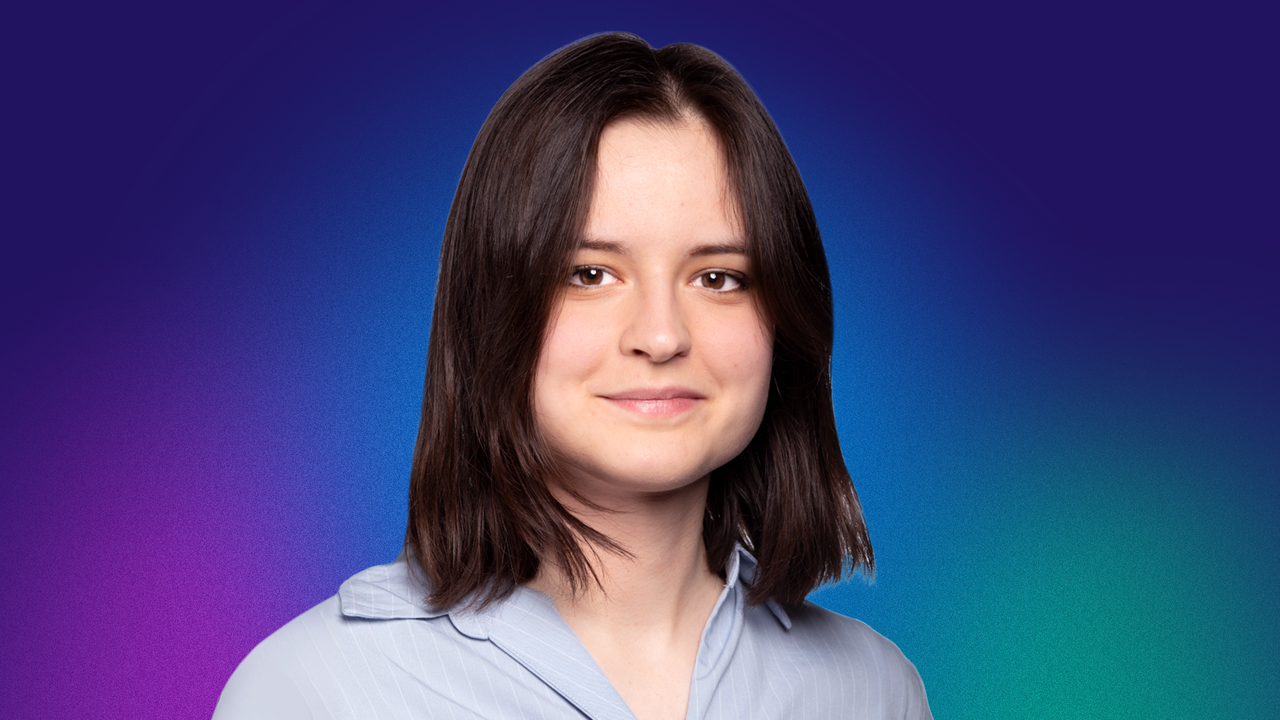
Discover more Scholar Spotlights.
Veronika Wannack, a Laidlaw Scholar at EPFL and Laidlaw Scholars Advisory Board member, explores Generative Agent Behaviour in Pandemic Simulations
Research Title:
Evaluating Generative Agent Behaviour in Pandemic Simulations
In the face of a public health emergency, it’s often very difficult to figure out what course of action to take, especially with so many parameters to consider. Therefore, during such a crisis, smart people build epidemiological model that try to predict how a disease will spread. Accurate models allow government policy to react quickly and correctly, while shaping public sentiment. Ultimately, the accuracy and speed of these models have a large influence on the severity and length of disease prevalence in a given environment.
The problem with epidemiological models is that getting the datasets is a lengthy and expensive process. These models require precise, local data; somebody to comb through the information; and enough computing power to figure out how a disease will spread given certain parameters. On top of all that, these models are often not dynamic enough to deal with unpredictable human nature. This was, for example, a large criticism of epidemiological models during COVID. So, what can we do?
My research tries to approximate human-like behavior through generative agents. AI can avoid the tedious work of getting the datasets by hand, and it is also dynamic enough to adapt to changing situations. These faster and cheaper simulations could allow policy to react faster and underprivileged countries to make their own models based on local data, ultimately saving many, many lives. My research showed that it can be done theoretically, but there are still many different details to iron out before it can be used for real world applications.
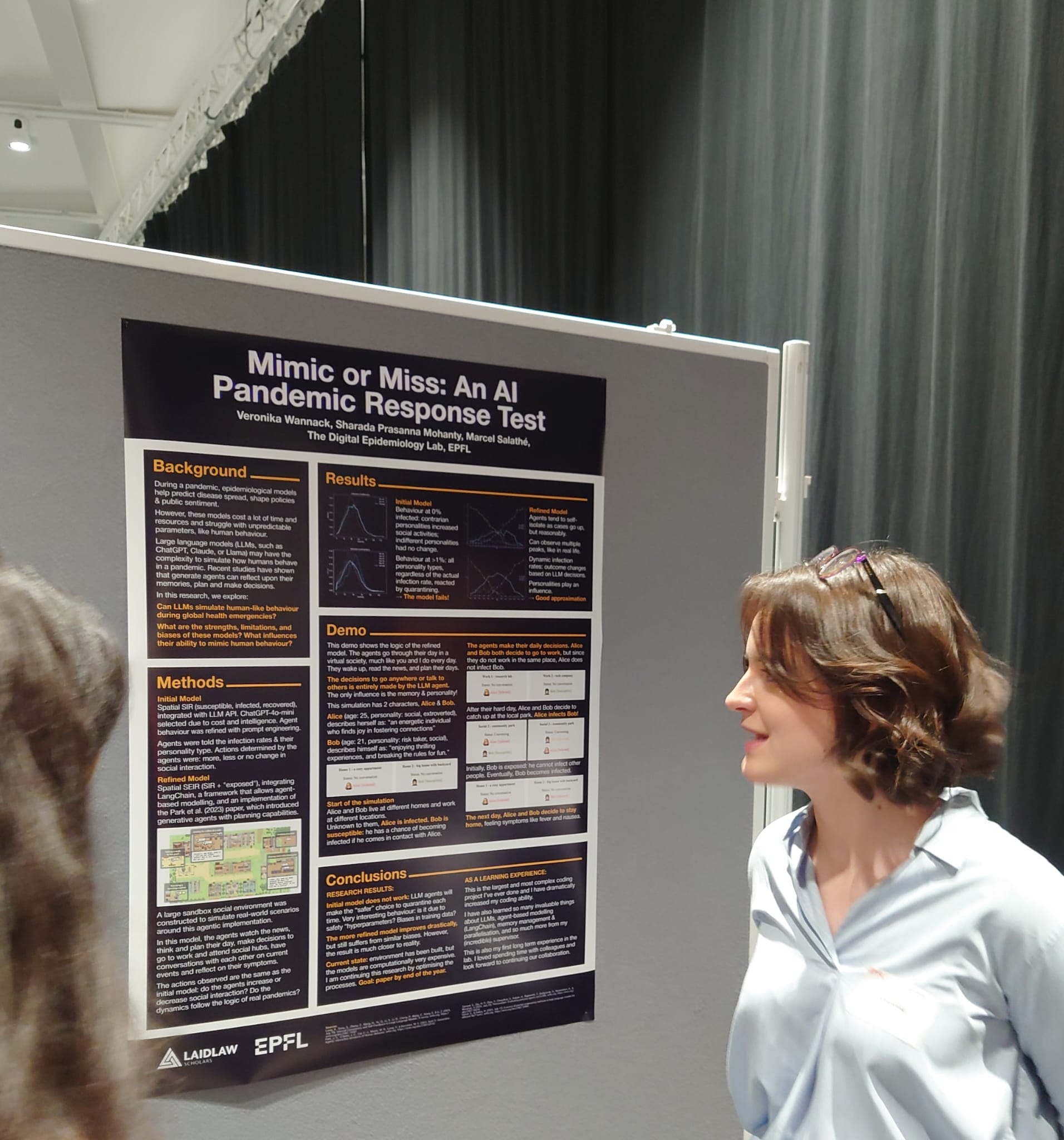
Where did your passion for this research originate?
It’s very important to me that my career has a positive impact on as many people as possible. I’ve discovered that the best way to do that is to work on existential risks. They remain dangerously under-researched, despite being one of the most important things we can do for humanity. There’s recently been lots of talk about one existential risk: the AI Alignment problem, but there is something just as urgent and largely neglected: biosecurity. With bioengineering advancing at neckbreaking speeds, especially gene editing, it is shockingly easy to obtain and modify highly virulent and devastating strains of virus or bacteria. There must be urgent change and research in these fields.
What is the most memorable moment from your Laidlaw scholarship experience so far?
My favorite part of my Laidlaw journey has always been the people I met. Everybody has been excellent, from the scholars to the programme managers and workshop coordinators. It’s hard to pinpoint an exact moment, so here are some of my favorites: I loved joining the little parties our cohort would throw, such as making raclette. I loved going to town and campus with my fellow scholars, for something as silly as bubble tea and a chat. I loved studying with my fellow Scholars, I loved being in workshops with them. I also loved my time with the Scholars Board - going punting was an incredible experience, made better by those around me.
What is the biggest challenge you came across in your research and leadership journeys so far, and what did you learn from it?
During my Laidlaw journey, I was involved in an accident and needed several surgeries. I thought, despite my health issues, that I could handle it: my recovery, my intense engineering school schedule, my Laidlaw commitments, my part time jobs. I pushed through it all for several months. It was intense, to say the least, but I kept telling myself “this, too, shall pass”. It did pass, but only after I had realigned my priorities. This unfortunate “experience” taught me some extremely valuable things. I learned that I should never put my health below anything else, because without health you cannot accomplish much else in life. I also realised that no situation is actually as bad as it seems at first glance. I had a lot of responsibilities I was worried sick about missing or doing badly on, but everything ended up working out. So now, when I am faced with a difficult decision, I remind myself that it, too, will pass, and that makes a lot of situations no longer scary.
What does it mean for you to be a Laidlaw Scholar?
Being a Laidlaw Scholar has opened so many different doors in ways I could not even imagine at the start. I’ve had the opportunity to work in a wonderful lab and I am now planning an enriching LiA, but I think the real jewel of this program is the people I got to meet thanks to it. My cohort is beyond wonderful, and I’ve made such wonderful friends in the program. I loved participating in the workshops, especially since it also gives the opportunity to discover beautiful places in Switzerland and abroad. The networking events between different universities were also lovely, and I got to see a different perspective of life abroad. I’ve rarely met such a concentrated group of incredible, inspiring and ambitious students as I did in the Laidlaw Program.
Which particular leaders inspire you the most and why?
Ismahane Elouafi - she previously held the position of chief scientist of the Food and Agriculture Organization of the United Nations. She is such an inspiration. She had originally trained to be a fighter pilot, but she was not allowed to pursue it because she was a woman, so she had to switch her career. She got a doctorate in genetics and has worked on promoting neglected and underutilized crops, use of non-fresh water in agriculture, and empowerment of women in science. She is smart, strong, and incredibly resilient. I had the opportunity to meet her in person, and I was just blown away by her kindness and attention to detail. There were journalists, CEOs, investors and other very people there waiting for her attention. And yet, she turned to me and spoke to me and other students about goals, career and other matters. She personally took my hand, gave me her contact, and said to me to reach out whenever, because we, students, are the future, and that they will always need people like us to join them. I will never forget her kindness and attention.
Briefly describe a scene from the future you are striving to create.
I want to give others the opportunities I have been given. I would never be here, doing my fancy engineering degree in fancy Switzerland, if it wasn’t for the kindness of foundations that give scholarships and grants. I’m incredibly lucky to be in this position. I want to help provide education for others who show potential but don’t have the opportunity to pursue the studies they want for whatever reason, be it financially or through mentorship or other opportunities.
Quick-fire Questions
📺 Currently Binging:
Tasting History with Max Miller
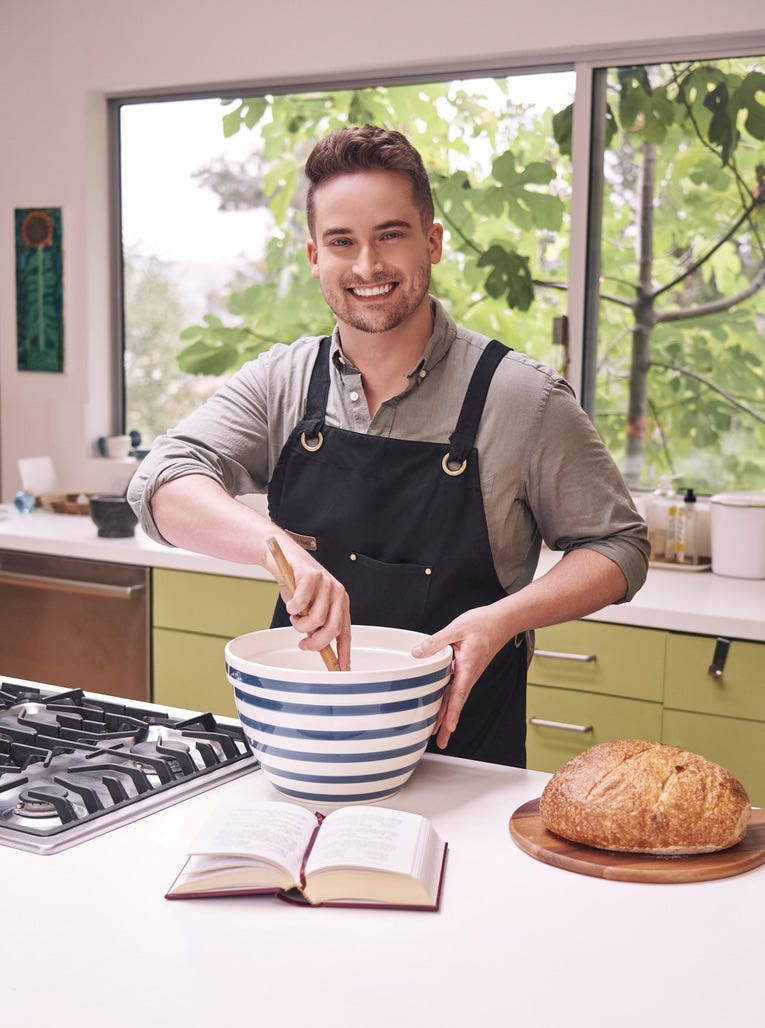
Beyond the Lost Village by Alan Rabinowitz
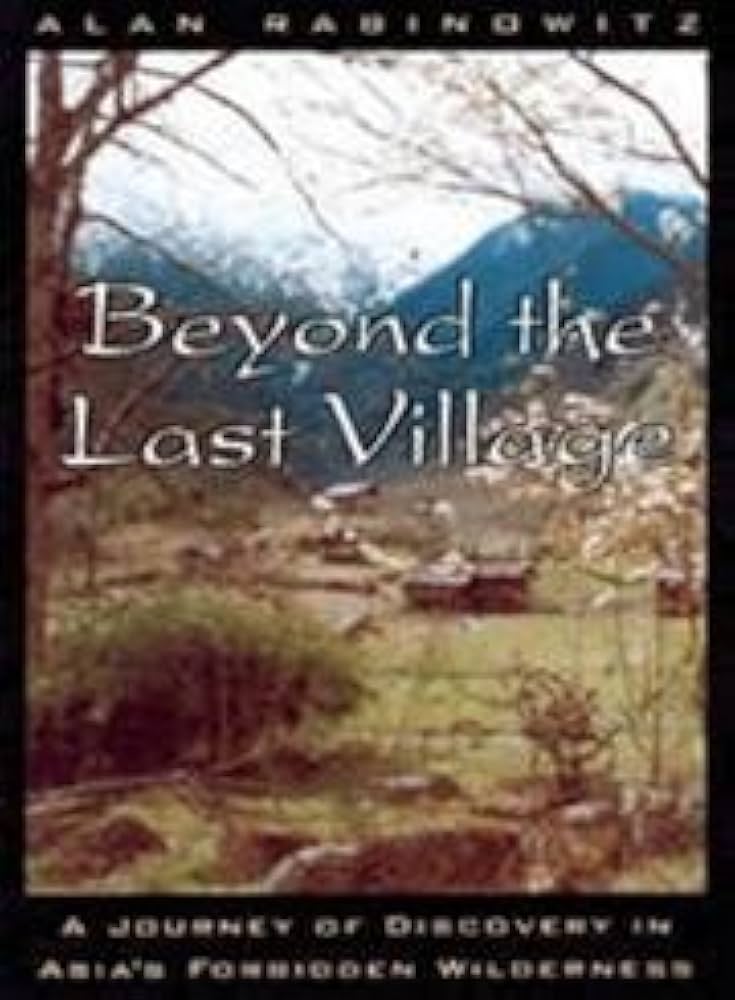
🎶 My anthem:
Alchemic Web of Deceit by Equipoise
🌈 Something that made me feel joy recently:
Attending a really cool tech death metal concert with a group of friends on a school day :)
If you’re interested in making an impact in your career, but are not sure how or what is most impactful, please check out https://80000hours.org/!! They do research on exactly what and where is your time most impactful and where you can do the most good, and have a ton of resources for helping figure out the optimal path to take you there.
If you want to learn more about Veronika's work, explore her research here and follow her on LinkedIn. Veronika is a Laidlaw Undergraduate Leadership and Research Scholar at @EPFL. Become a Laidlaw Scholar to conduct a research project of your choice, develop your leadership skills, and join a global community of changemakers from world-leading universities.
Find out more about the Laidlaw Scholars Undergraduate Leadership and Research Programme.
🔦 Discover more Scholar Spotlights:
⚡️ Anuj (AJ) Manchanda, a Laidlaw Scholar at the University of Toronto, delves into how Environmental CSR initiatives shape consumer choices.
⚡️ Sebastian Glasper, a Laidlaw Scholar at the University of Leeds, explores social media’s role in mitigating loneliness among older adults.
⚡️ Sophia Waseem Khan, a Laidlaw Scholar at Durham University, champions sustainable agriculture through innovative ion recovery.
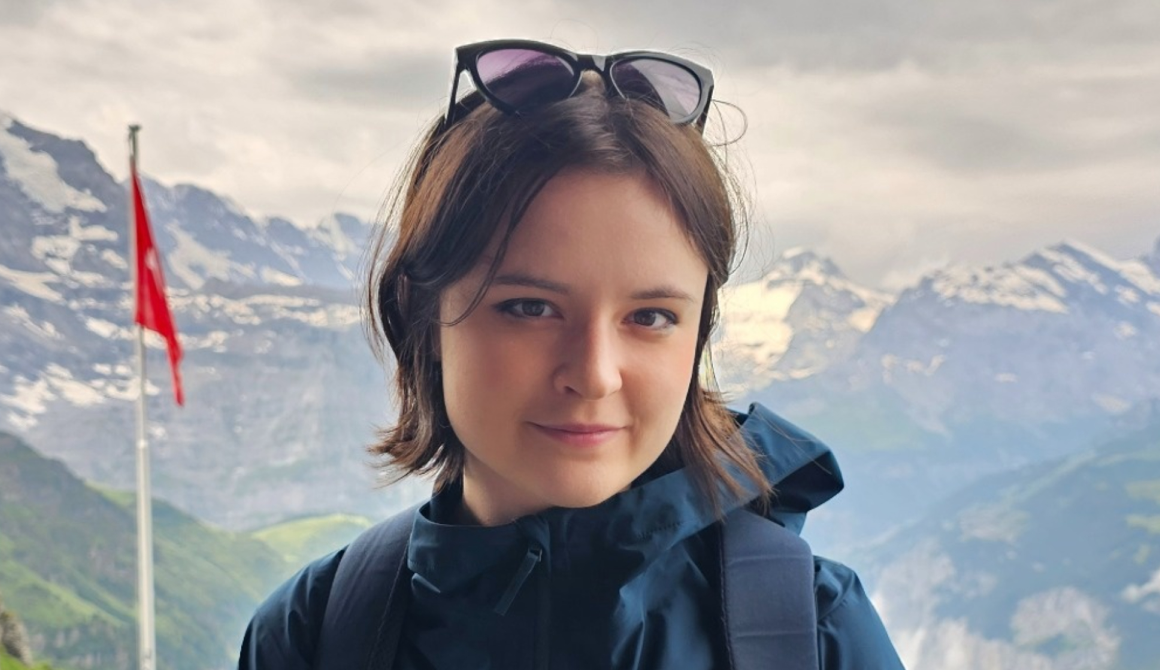
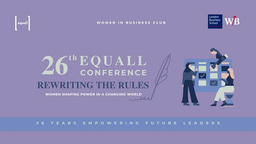


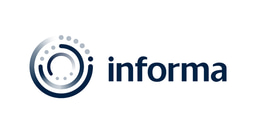
Please sign in
If you are a registered user on Laidlaw Scholars Network, please sign in